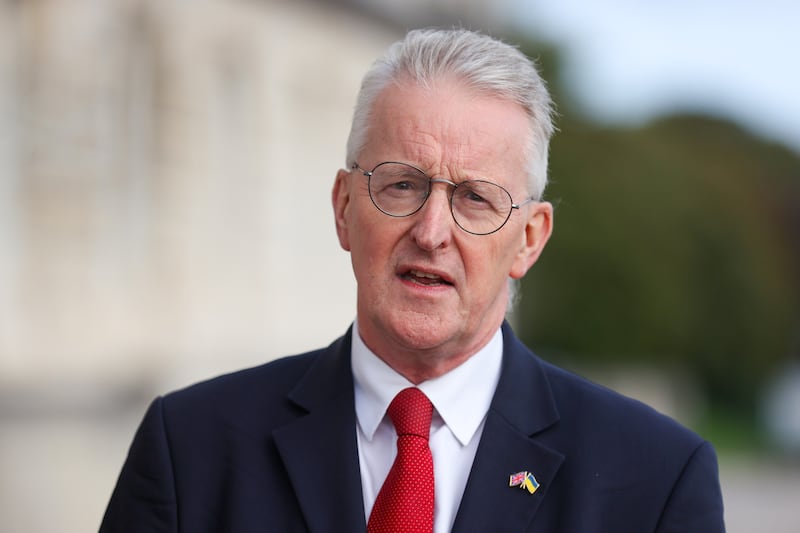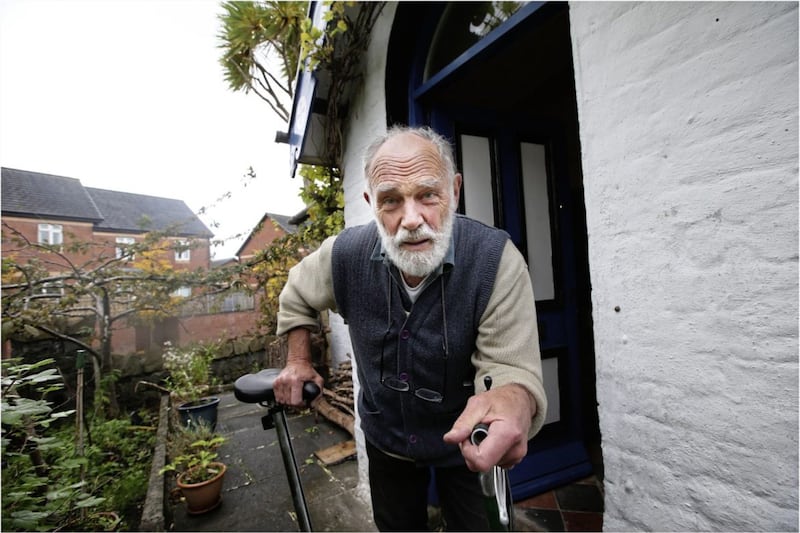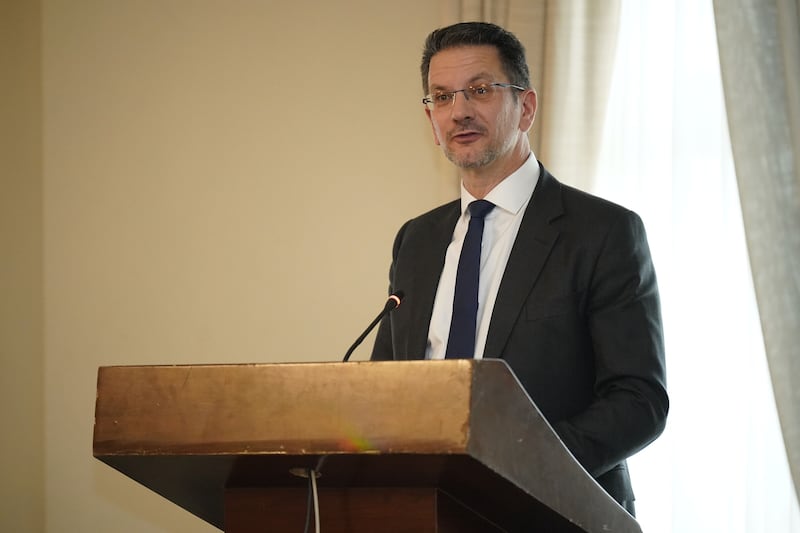CALLING a border poll without comprehensive preparation and a plan for what happens afterwards would be ill-advised, a group of experts has concluded.
The Working Group on Unification Referendums on the Island of Ireland's final report says both the Dublin and London governments should lead the groundwork on potential constitutional change, engaging with a range of sectors in both Ireland and Britain.
The 12-member group, drawn from a range of institutions across Ireland, Britain and the US, was tasked with looking at how concurrent referendums in Northern Ireland and the Republic would be conducted, and how the political and social upheaval that may follow in their aftermath could be minimised.
Their report takes a procedural rather than political approach, seeking to map out how referendums on the north's constitutional status would best be conducted, focusing on the legal rules on both sides of the border, and on the practicalities.
The questions addressed included: how a referendum would be initiated; how many referendums there would be; how they would be sequenced; campaign spending rules; the voting threshold, the role of the two governments; the voting franchise, and other aspects.
The group is impartial on whether a referendum is desirable or not and what's its outcome should be, and while they don't believe a border poll is imminent, the report notes that years of acrimony over Brexit highlight the real dangers of calling a vote without adequate advance planning.
"The Working Group is not pushing for a referendum on Northern Ireland’s constitutional future in any way but we are saying that such a vote might be legally required in the not-too-distant future," said the group's chair Dr Alan Renwick.
"Everyone involved needs to think through carefully what that process would be like."
Trinity College Dublin's Professor Oran Doyle said the report interprets the Good Friday Agreement to identify the legal parameters for any unification process and concludes that unification would require referendum approval, north and south.
He said the referendums need not be simultaneous, but must occur close in time, and that the voters in each referendum must vote on effectively the same proposals, with the threshold in each being a simple majority.
"If voters in Northern Ireland and the Republic of Ireland approved unification, then unification must occur. It cannot be conditional on any subsequent vote, moreover, Ireland and the UK must each respect the outcome of the referendums, irrespective of what the other state does.”
The reports says that it is up to the secretary of state to call a referendum if it appears likely that a majority would vote in favour of unification.
It says it would be for the Irish government to develop proposals for the form of a united Ireland, including whether it should be a unitary or federal state, how it should be financed, the nature of the health service, education and other public services.
Funded by the British Academy and Joseph Rowntree Charitable Trust, the public consultation and report were led by University College London.







